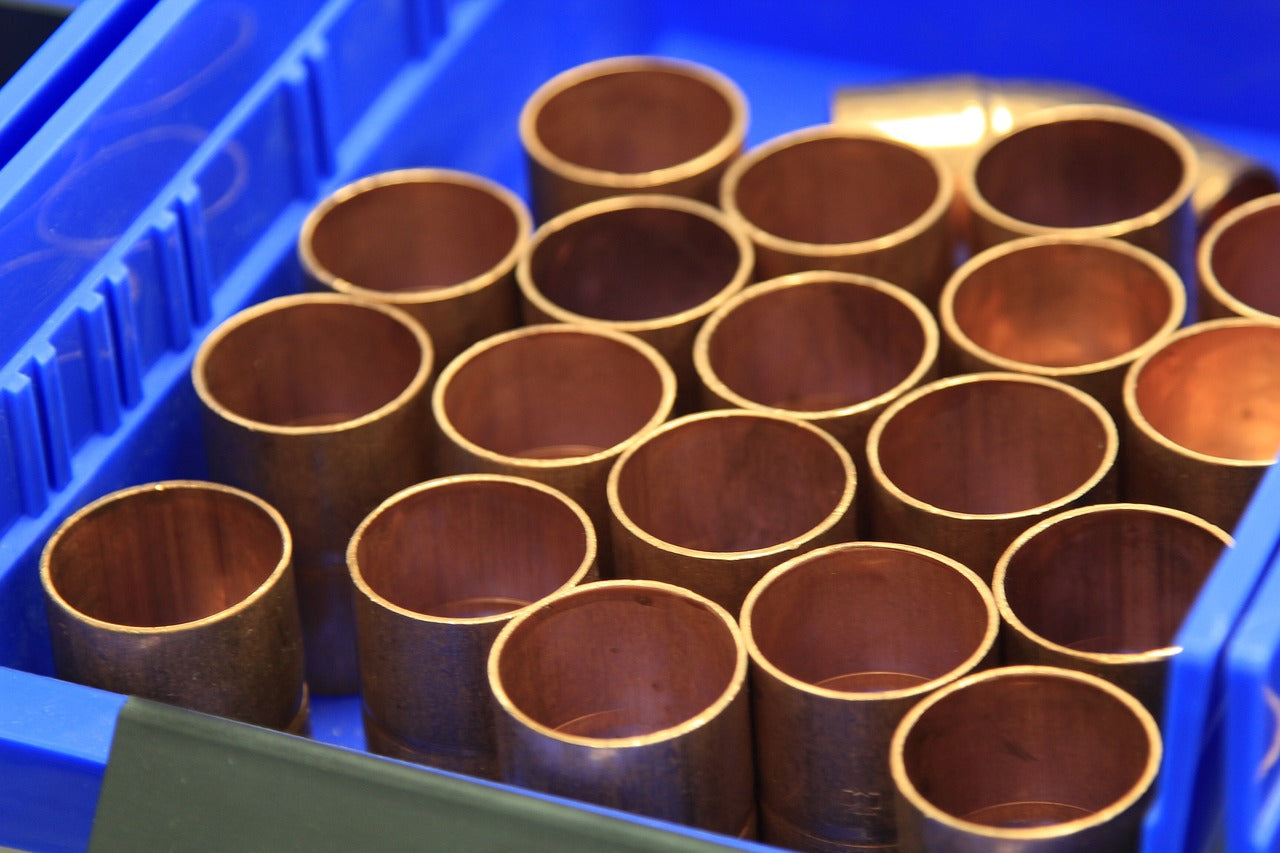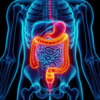
Pipes Are Made From This And You Need It For Good Health
Have you ever heard of people leaving for vacation for a week or two, only to come home and discover their pipes are missing?
It’s not that common of an occurrence in newer homes, but older homes full of copper pipes will definitely be targeted.
Now, of course, I’m not writing today’s article to talk to you about home security; although, if you have copper pipes, don’t go advertising that to people.
Instead, I’m writing to talk to you about copper: an essential nutrient you’re probably pretty unfamiliar with.
Copper: Good For More Than Pipes
Copper is one of the few metals found in nature that your body needs for proper function. It's an essential mineral, so if your body isn’t constantly supplied with enough of it, you’re likely to suffer the consequences.
The good news about your body’s copper needs is they aren't that demanding, and you really don’t need a lot of copper to experience the health benefits it provides. Just a few milligrams a day are all that are needed to help execute the functions necessary for good health.
Another bit of good news is most people get the right amount of copper in their diet. We believe that only ¼ to ½ of all people don’t hit the necessary dietary intake for copper. Plus, even when they fall short of the daily value, it’s not by a considerable amount (which means it’s quite easy to correct).
There are only a few reasons for a copper deficiency, and they’re related to diet and conditions having to do with digestion.
However, we’re beginning to observe copper deficiencies are increasing in number, as we now deal with chronic digestive issues on a daily basis.
When it comes to diet, part of the reason copper deficiencies are so prevalent is because so many Americans adhere to The Standard American Diet; and this diet generally doesn’t contain enough copper in it.
The Standard American Diet and its reliance on processed foods like refined grains, dairy, and artificial ingredients is certainly contributing to these deficiencies.
If you’re curious to know whether or not you have a copper deficiency and find yourself able to identify with one or both of the things I just mentioned (digestive issues and diet), then run through this list outlining the most common clinical signs of copper deficiency:
- Damaged blood vessels
- Bleeding under the skin
- Hair loss, pale skin
- Enlarged heart
- Fatigue
- Increased susceptibility to infection
Now in all of this, you might have found yourself wondering what copper actually does.
Well, it’s a good thing you wondered, because I’m going to give you a brief rundown of the health benefits provided by copper.
4 Amazing Things Copper Does For Your Body
1 - Helps boost antioxidant function:
As you know from reading my articles, I’m a huge advocate of doing all you can to boost antioxidant activity in the body. Antioxidants are known to scavenge the body to search for cancer-causing free radicals, and have been implicated in cancer prevention, as well as helping to reduce inflammation.
Copper helps with antioxidant function - not because it plays a minor role in assisting with the formation of antioxidants - but because it’s actually one of the co-factors needed to help form one of the most important antioxidants in the body.
This antioxidant is called superoxide dismutase (SOD). SOD is so important that, within just a few weeks of reduced SOD function, people begin to experience damage to the nervous system. Impaired SOD function is even believed to contribute to ALS (Lou Gehrig’s disease).
2 - Helps strengthen bones and tissues:
If you don’t have enough copper in your body, then the connective tissues that hold your body together and the bones that keep your body standing are going to suffer.
Copper’s function in helping with connective tissues has everything to do with how it helps build collagen. If you don’t have enough copper in your system, then your body won’t be able to manufacture collagen perfectly.
The same goes with the strength of bones.
At least one recent author has speculated that the marginal copper status of the diets of about one-quarter of adults in the U.S. is related to eventual development of osteoporosis in some members of this group. For adults with borderline copper intake from food, deficient intake of nutrients like calcium and vitamin D is still likely to put them at greater risk than borderline intake of copper. Still, this low copper intake may be increasing their risk of osteoporosis and is very likely to be the subject of future research.
3 - Helps boost energy:
If you don’t get enough copper in your diet, you might feel the physical effects by having lackluster amounts of energy.
Copper helps to regulate energy levels in a twofold manner. First, it actually works together with another metal (iron) to help bring oxygen into the blood so your body can act the way it’s supposed to.
Without copper, you could develop anemia, which causes the hallmark symptoms of tiredness and constant weariness.
The other way copper works to help you maintain health energy levels has to do with how it helps turn carbohydrates into energy inside of the cells. Copper does this by helping to synthesize ATP, which is what literally powers your cells and causes them to produce energy.
4 - Helps protect the heart:
Bear in mind that not all cholesterol is bad cholesterol.
However, it’s been shown that if you’re deficient in copper, this can cause bad cholesterol (known as LDL) to increase in your blood, which can lead to complications with heart health.
A few studies (both in animals as well as humans) have indicated copper deficiencies are associated with elevated levels of LDL cholesterol.
Also, as mentioned above, copper deficiency can produce an enlarged heart. Once copper is reintroduced into the body, it can cause the heart to return to its normal size, which helps restore health in the process.
According to a study by Elsherif L, et al.,i dietary copper restriction leads to the enlargement of the heart and resulting congestive heart failure.
Copper repletion (getting enough copper) reverses this enlargement and prevents subsequent heart failure. This study looked at changes in myocardial (heart muscle) gene expression in those with copper deficiency-induced cardiomyopathy. The study also looked at the effect of its reversal through copper repletion. Normal cardiac function occurred through copper repletion.
Getting Enough Copper Via Diet and Supplementation
Obviously the best way to get more copper in your body is via diet.
The image below shows where some of your best food sources of copper lie.

The recommended daily values for copper vary significantly depending on age.
According to the National Academy of Sciences, these are the set of Dietary Reference Intakes required for copper:
- 0-6 months: 0.2 mg
- 6-12 months: 0.22 mg
- 1-3 years: 0.34 mg
- 4-8 years: 0.4 mg
- 9-13 years: 0.7 mg
- 14-18 years: 0.89 mg
- 19+ years: 0.9 mg
- Pregnant women: 1.0 mg
- Lactating women: 1.3 mg
We typically recommended 2 mg for every 2,000 calories consumed. The max recommended amount is around 10 mg per day, and that’s not to be undertaken unless you’re trying to reverse a severe deficiency. Any more and you can quickly accumulate a toxic amount of copper in your body.
Talk soon,
Dr. Wiggy
www.HealthAsItOughtToBe.com



